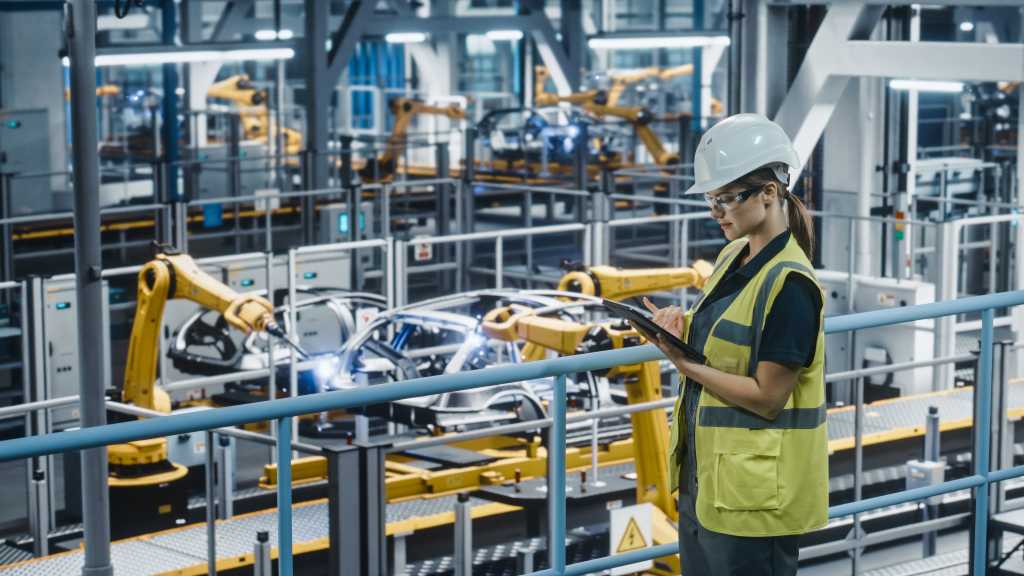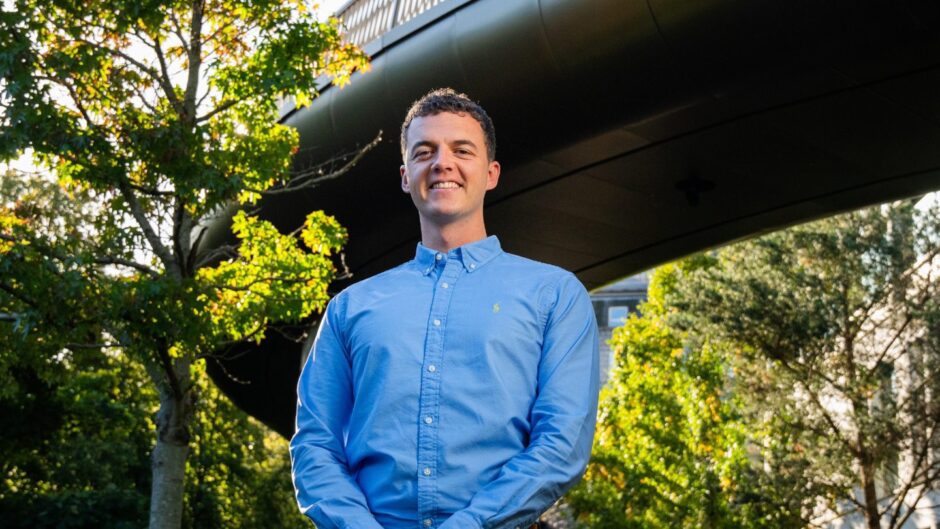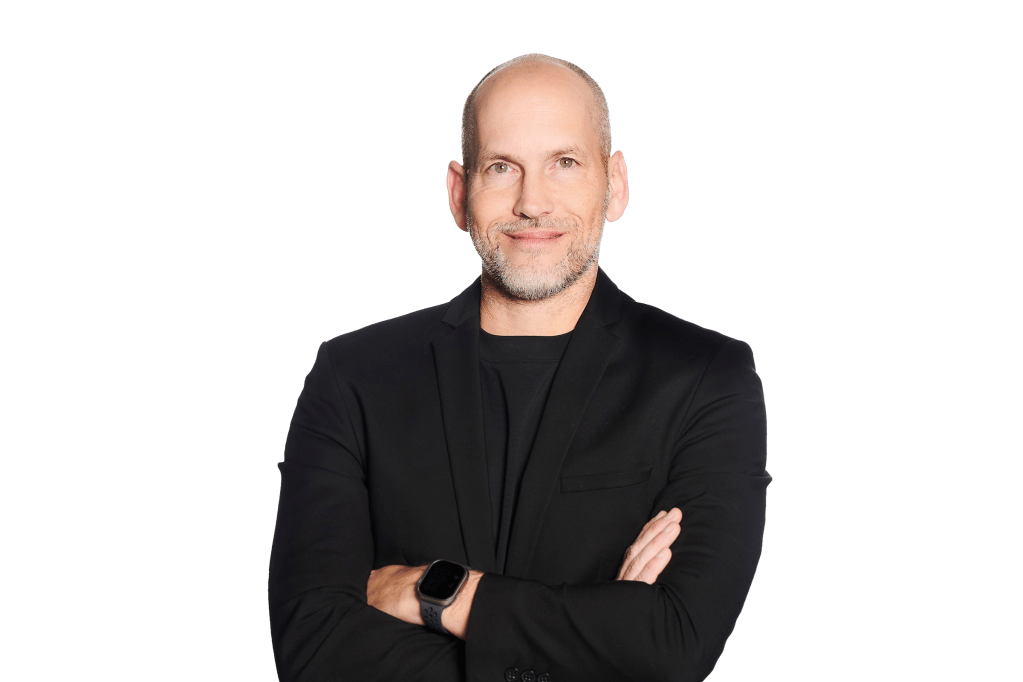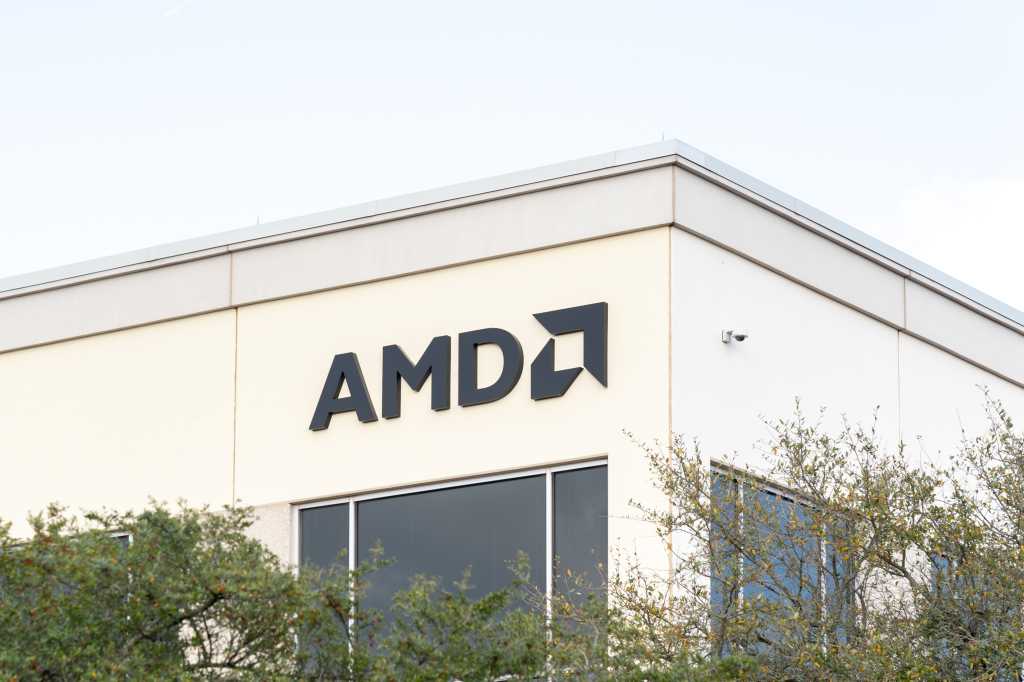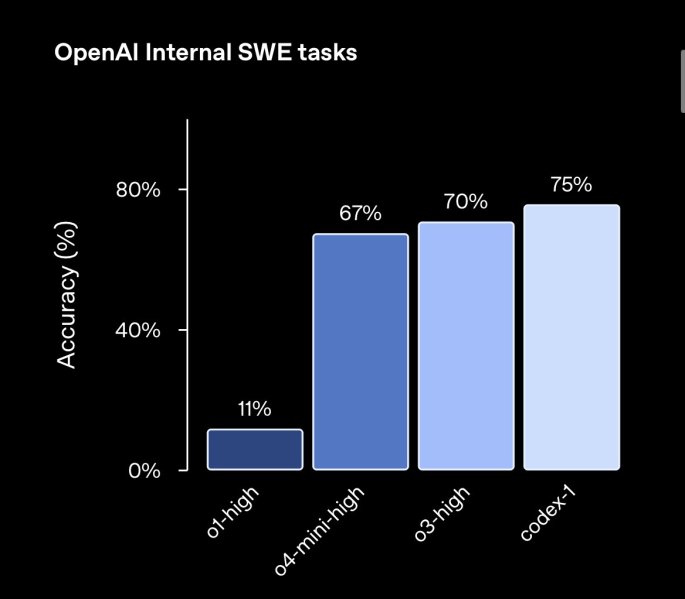Equinor has partnered with the University of Manchester to study how microbes in underground storage sites could impact carbon capture and storage (CCS) projects.
The Norwegian oil and gas firm is a world leader in carbon storage, and its Northern Lights CCS project is set to begin operations in 2025.
In the UK, Equinor is also working alongside fellow North Sea operators BP and TotalEnergies on the £4 billion Northern Endurance Partnership in Teesside.
According to the International Energy Agency (IEA), CCS technology will be “essential to achieving the goal of net zero emissions“.
However, researchers at the University of Manchester said the underground storage environments host diverse microbial ecosystems, and their response to CO2 injection “remains poorly understood”.
This knowledge gap poses a “potential risk” to long-term CO2 storage integrity, the University said.
While some microbial responses could provide sequestration benefits, others could potentially lead to methane production, infrastructure corrosion or loss of injectivity.
Partnering with Equinor, the Manchester researchers will investigate how subsurface microbial communities respond to CO2 injection and storage.
The two-year project will collect samples from saline aquifers and oil-producing sites to study how the microbes respond to high concentrations of CO2.
Research ‘crucial’ for carbon storage success
Project lead Leanne Walker at the University of Manchester said: “This project will help us understand the underground microbial communities affected by CO₂ storage—how they respond, the potential risks and benefits, and the indicators that reveal these changes.
“Our findings will provide vital insights for assessing microbiological risks at both planned and active CCS sites, ensuring safer and more effective long-term CO₂ storage.”
Principal investigator professor Sophie Nixon said that despite 20 years of CO2 storage and testing, scientists “still know little about how this affects native and introduced microbes living deep below the surface”.
“Previous studies have shown that injecting CO₂ underground actively changes microbial communities,” professor Nixon said.
 © Supplied by Equinor
© Supplied by Equinor“In some cases, microbes initially decline but later recover, potentially influencing the fate of injected CO₂ in geological storage scenarios.
“However, these studies predate the advent of large-scale metagenomic sequencing approaches.”
Professor Nixon said gaining a deeper understanding of these microbial communities and how they respond to CO2 storage is “crucial for ensuring the long-term success of carbon capture and storage”.
Project co-investigator Dr Rebecca Tyne said most research to date has focused on the physiochemical behaviour of CO2, rather than the subsurface microbial impact.
“However, the impact of microbial processes can be significant,” Dr Tyne said.
“For instance, my research has shown that methanogenesis may modify the fluid composition and the fluid dynamics within the storage reservoir.”
The North Sea Transition Authority (NSTA) regulator requires all CCS sites to have a monitoring strategy, but microbial monitoring is not yet included.
The university said the research team will share its findings with industry stakeholders to help “close this critical gap and shape future operational activities”.




